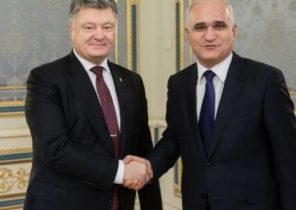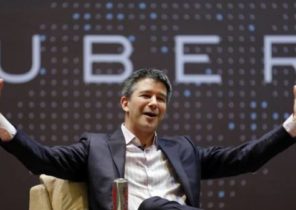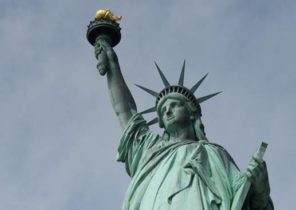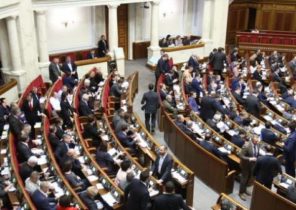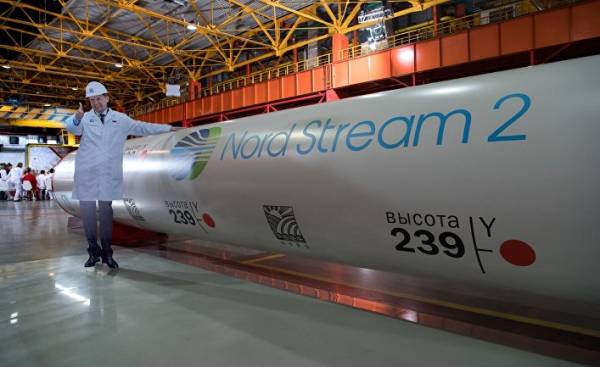
The issue of Russian gas pipeline “Nord stream-2” which must pass through the Danish sea near Bornholm, the government found itself in a difficult situation. Because Germany wants the pipeline was to get cheap gas, but the EU doesn’t want the pipeline was because she prefers to adhere to the sanctions against Russia. And between the little Lars of Grated (Græsted), which should make the decision. It is not easy. But it became a bit easier after the EU also joined the business.
I don’t want to take any position with respect to its “Yes” or “no”, but would instead look at the arguments used in the debate to which he, in my opinion, to listen should NOT. This argument Jerichow Anders (Anders Jerichow), which Politiken cites the following arguments against the pipeline: “In the day when Putin opens Russia for political freedom, just as he wants Europe opened for the Russian gas, we say “Yes” to the “Nord stream-2″. Not before.”
I must admit that it is a very tough statement about international trade. Is it possible actually not to import gas from a country where there is political freedom? However, during the cold war, we received energy from the Soviet Union, where there was one of the harshest suppression systems in the world. We also smartly traded with countries such as Iran, China and Saudi Arabia.
If we take the existing argumentation — what we unsympathetic political regime can lead to the fact that the two States will not be able normally to each other to be — we are in fact significantly rolled back in the history of our civilization — in the days before 1648.
Because the principles of sovereignty of States appeared at the conclusion of the peace of Westphalia after the Thirty years war. In practice they came down to the fact that each individual ruler decided which religion should be in his country. No one else can determine the internal politics of the country. This meant that it was quite possible to have friendly contacts with the country, which was a different religion without fear that another country will want to impose their system you have. From this I wanted to get away.
The fact that religious wars are devastating. In fact, they declare every person who shares your own faith, dangerous enemy. And the war is won only in the event of destruction or conversion.
In the conditions of existence of sovereign States war were not total, but limited. But it was, of course, rejection of missionary activities in foreign territories. In return for recognition of its own sovereignty had to recognize the sovereignty of others in their own countries. Borders and mutual recognition provided stability and the possibility of peaceful Commerce for the benefit of all. The Foundation of a European state.
When Politiken writes that we will be able to buy gas from Russia only when Russia will open itself to political freedom (and I wonder: isn’t it excluded under this Western, liberal democracy?), this means that we go back to the mentality of the religious wars. Russia is seen as the enemy, because Russia has a different political system. It’s a little sad and definitely imposes limits on economic development and profit.
Think about it: what if the Russians inspired by a similar way of thinking and declares: we will trade with you only if you give up your democracy and impose Asiatic despotism! It wouldn’t be surprising. Therefore, it is important to preserve the Westphalian system of state sovereignty and not to fall into the temptation to engage in missionary activities in relation to other States or to declare them enemies due to the fact that they are what they are. While they have not made any hostile actions towards us.
So it is best to abandon our religious and missionary attitude to liberal democracy (the fact that my father was in his time dubbed “democracy”) and to respect the right of other countries and cultures have a different system. And this does not necessarily diminish our own enthusiasm for the liberal democracy.
